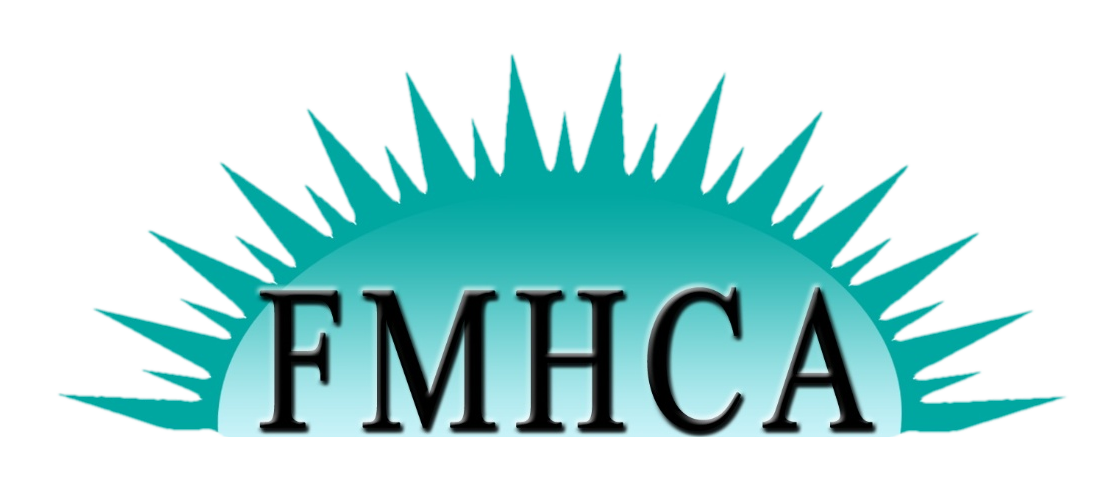Upcoming Events
-
America/New_York
08 Aug 2025 2:00 PMOnline (Zoom)
-
America/New_York
14 Aug 2025 9:00 AMIn-Person & Online
-
America/New_York
18 Aug 2025 12:00 PMOnline (Zoom)
-
America/New_York
22 Aug 2025 2:00 PMOnline (Zoom)
-
America/New_York
05 Sep 2025 2:00 PMOnline (Zoom)
-
America/New_York
10 Sep 2025 12:00 PMOnline (Zoom)
Featured Members
FMHCA is a chapter of the American Mental Health Counselors Association, and is the only organization working exclusively for LMHCs in the State of Florida.
Menu
Log in
|
Powered by Wild Apricot Membership Software
 Florida mental health COUNSELORS association
Florida mental health COUNSELORS association





.png)


























.png)













